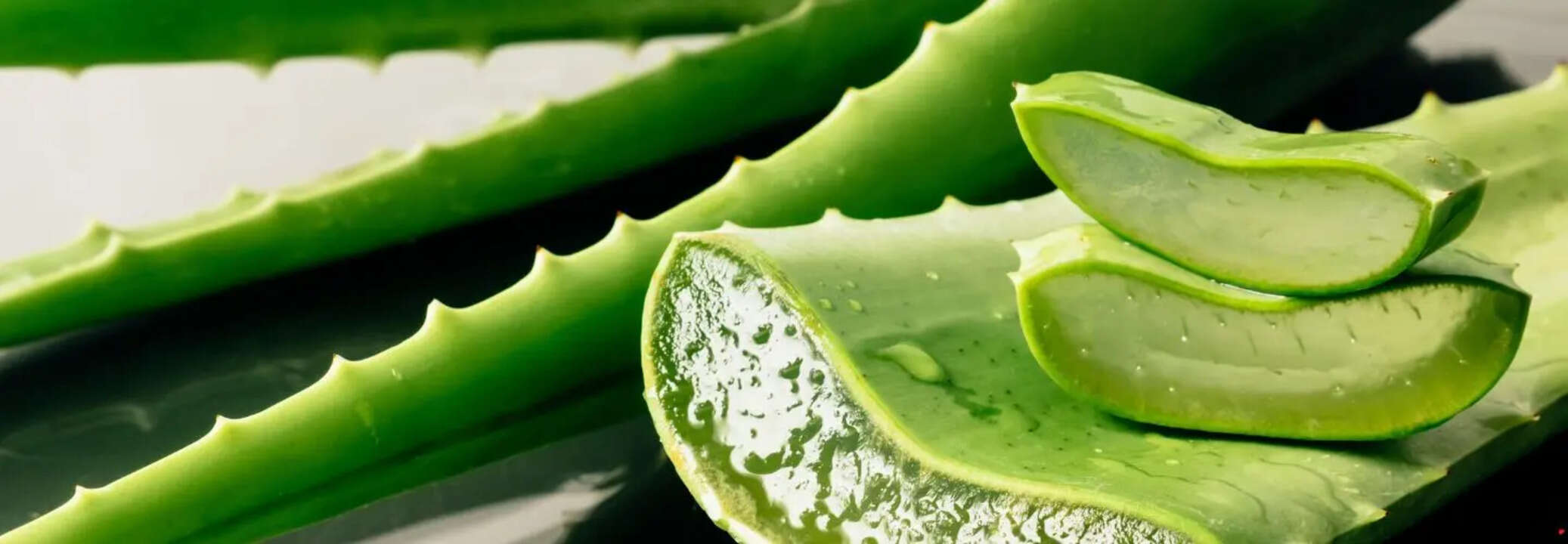Can Aloe Vera Cure Diseases? Everything You Need to Know About This Versatile Plant

Aloe vera (Credit: Canva)
SummaryAloe vera is widely recognized for its ability to treat various skin ailments, particularly burns. It is because it has soothing and healing properties. But can it treat diseases?
End of Article
